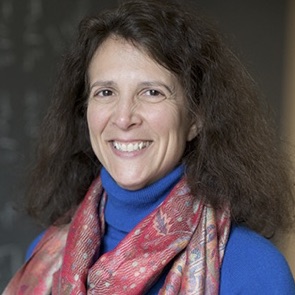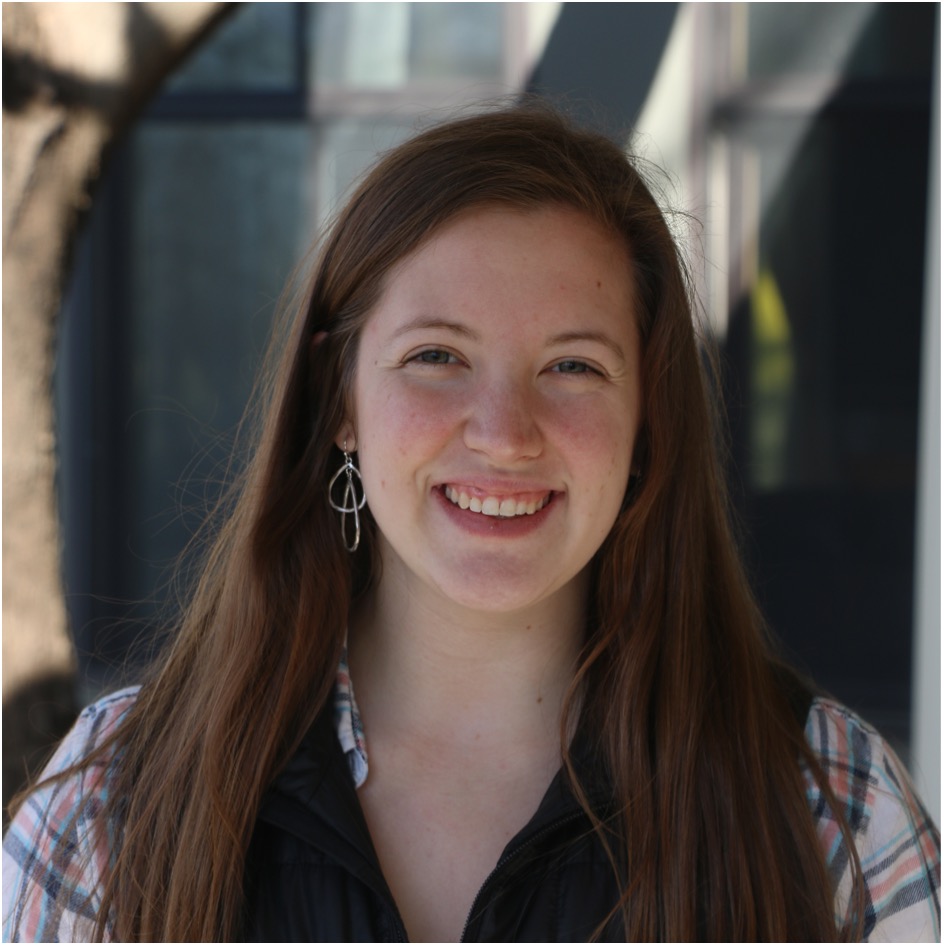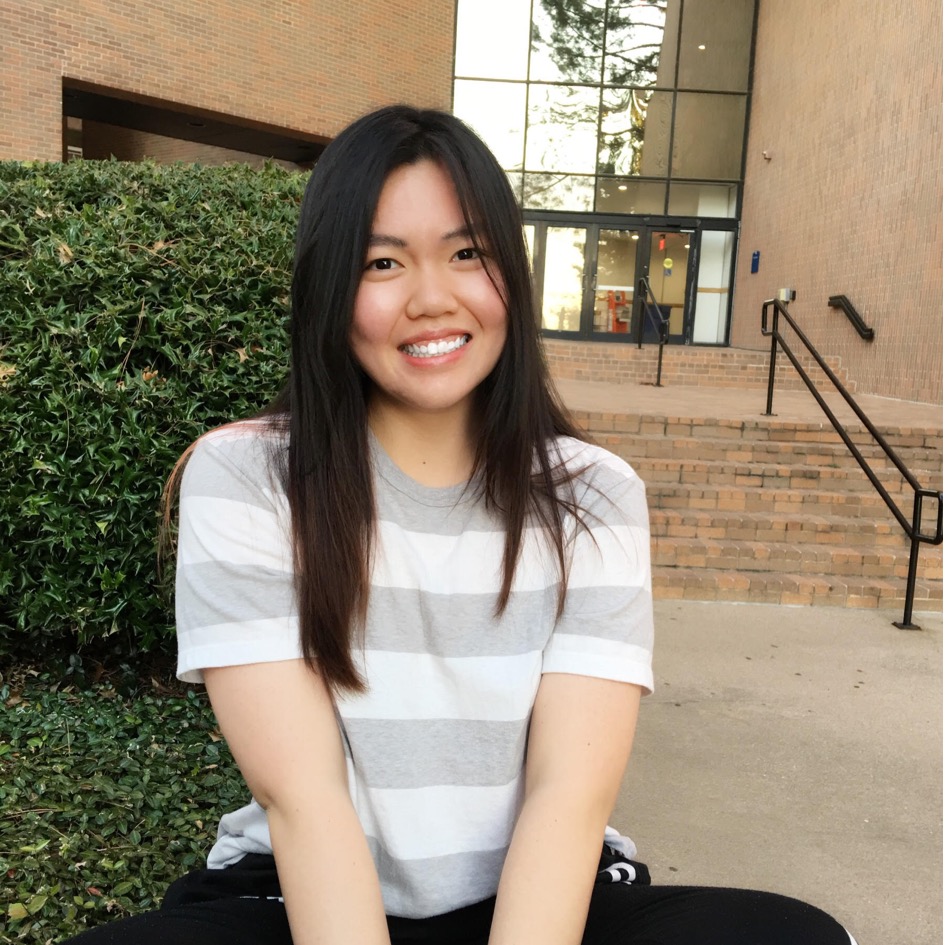About Dartmouth Math REU
Today’s world is awash with data. Data analysis has long been an important component in all scientific study, as it plays a role in a variety of applications, including signal processing, imaging, evolutionary dynamics, and forecasting of all kinds, just to name of few. Moreover, rational decision making depends critically on the correct analysis of available data. This is becoming ever more difficult as we are flooded with a myriad of information. While extracting important information to make good decisions is complicated enough when the collected data are assumed to be correct, the problem is much more difficult when the accuracy of data is compromised, either intentionally or not. Recent political events have prompted mathematicians and scientists to further understand the effects of “rogue’’ data, for the purposes of detecting suspicious behavior, understanding its propagation, and limiting its effects. Moreover, there have always been efforts to interfere with good data acquisition efforts, for example in jamming radar signals, and these efforts are becoming increasingly sophisticated. Finally, there are natural limitations to our data acquisition devices, for example in medical devices, that may lead to false diagnoses with sometimes serious repercussions.
Topics in Summer 2018 will include signal detection from corrupted data in radar and medical imaging, and evolutionary dynamics of misinformation. Instruction will be combined with individual hands-on research experiences and projects, and will include on-site visits to various campus research facilities, as well as guest lectures from the Department of Psychology, the Department of Biology, the Thayer School of Engineering, and the Geisel School of Medicine. Students will have additional opportunities to meet with relevant Dartmouth faculty to discuss their research and get feedback on their results. The course will run annually in the summer so that Dartmouth summer students may have the opportunity to participate in a summer mathematics research experience program, which in turn may encourage them to pursue post-graduate research in STEM fields.
Our REU program is supported by NSF and Dartmouth College. All work will be in a collaborative environment with fellow participants, graduate students, and postdocs. Students will undertake research projects and present their findings at the end of the program.
Students will receive room and board on the Dartmouth Campus along with
a small stipend and travel allowance. The program starts on June 21, with
dormitory move in on June 20. Participants must commit to being on campus
through August 10. Students are expected to participate each weekday
(except for July 4).
How To Apply
The following information should be uploaded at http://www.math.dartmouth.edu/~reu/apply.php
- Letter describing interest in program such as your own mathematical
background and interests, career goals, and a research idea you are
interested in.
- Unofficial transcripts or degree audit showing courses taken and
grades.
- At least one letter of recommendation from either an instructor of a
mathematics course or research supervisor of a math related project.
- Deadline to apply is March 21, 2018.
Decisions will be made by March 26, 2018.
Program Expectations & Prerequisites
As part of the program, students will participate in a course team-taught by
Professors Feng Fu and Anne Gelb which will introduce fundamental
concepts and cutting-edge methods in mathematical data analysis,
particularly as it pertains to suspicious information. Topics will draw on some
of these examples and offer students the perspectives of three different
problems (1) recognition of bad data; (2) suppression of bad data; and (3)
understanding the propagation of bad data. This instruction will be combined
with individual hands-on research experiences and projects; and will include
on-site visits to various campus research facilities. All work will be in a collaborative
environment with fellow participants, graduate students, and post docs.
Students will undertake research projects and present their findings, either
as a short presentation or poster, at the end of the program.
Previous course work in linear algebra, probability, and ordinary differential
equations is highly recommended, and course work in at least one of these
topics is required. Some experience in a programming language such as
MATLAB is also highly beneficial.









